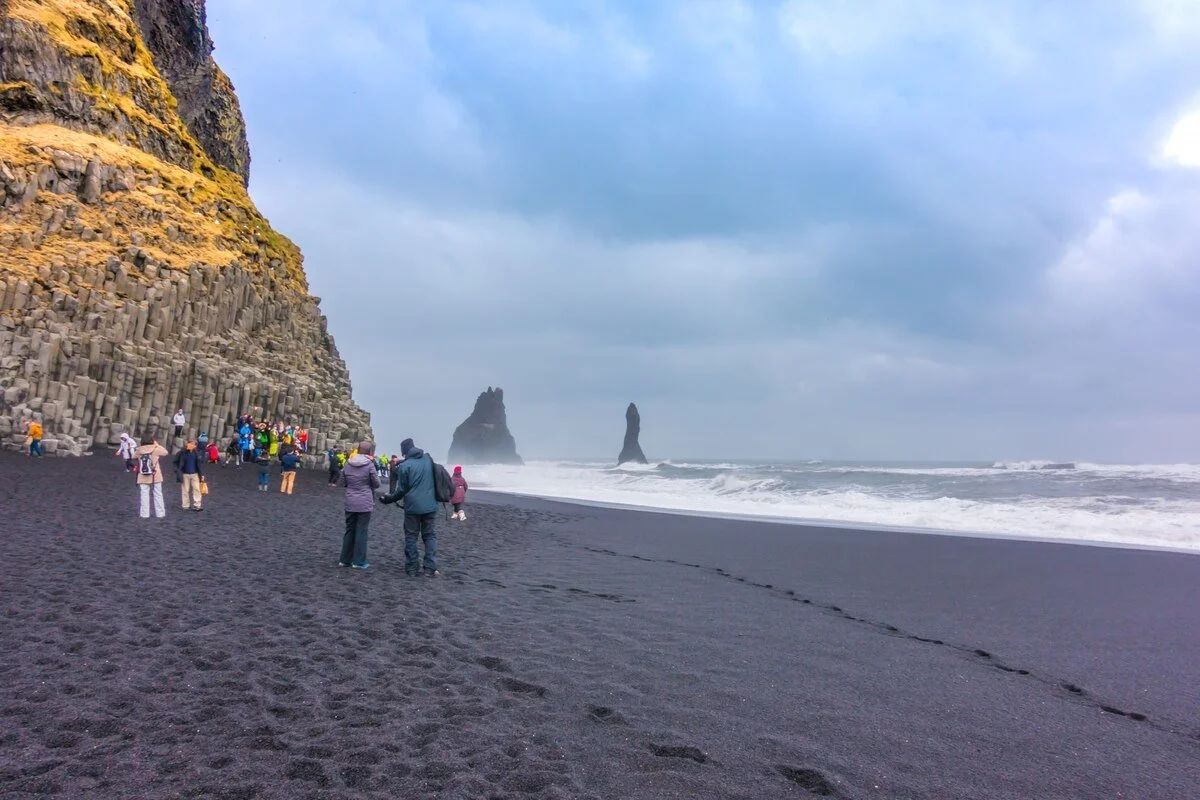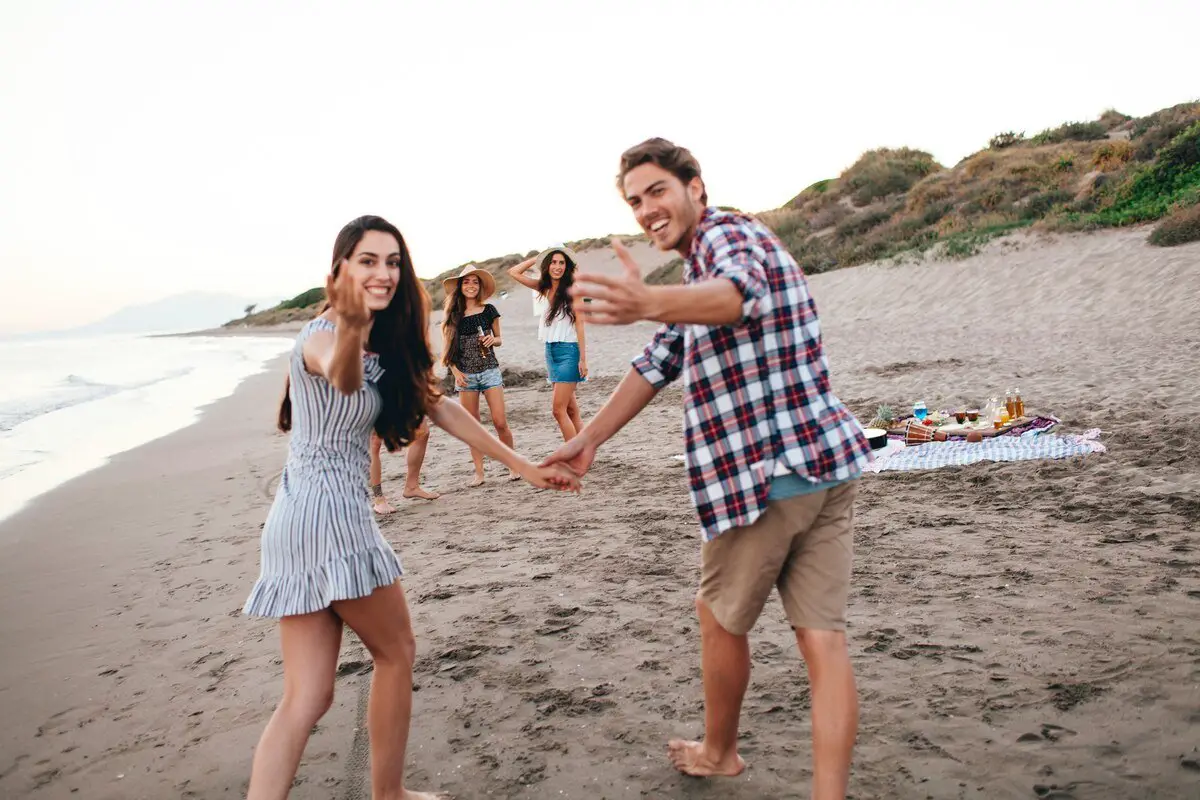Camping allows you to escape the stress of your daily life, and immerse yourself in the wonders of nature. Inspiring, and good for you, it offers an opportunity for adventure, fun, and relaxation.
If you are a first-time camper – or just a little apprehensive – our guide will give you the tips and advice to help you prepare for an enjoyable camping trip.
READ ALSO: How To Stay Healthy While Traveling Abroad
Outdoor Adventures and Camping Tips

1. Planning Your Trip
Are you planning your next camping trip? The first thing to do is learn about the places that you can camp in. Think about what you'd like to experience and find the places that fulfill those needs.
For example, are you an expert camper who enjoys an adventure? Or do you prefer camping in areas that have lots of amenities?
With answers to these questions, you know whether you'd like an RV park, a dispersed camping spot, or simply a designated campground.
Your skill level will impact your camping destination and trip duration.
Once you find the location of your next camping adventure, it's time to identify what you need for the trip. Write a list of all the gear and equipment you'll need. Your list will include a tent, sleeping bags, clothes based on the weather, cooking gear, a cooler for perishables, etc.
READ ALSO: Luxury Travel on a Budget: Tips And Tricks
2. Setting Up Camp
Probably the second most vital part of camping is to set up your camp. Think of creating a base camp, your home away from home.
Your home needs to be flat, dry, and suitable. It helps avoid hazards such as dead trees and sharp rocks that could be a source of injury and would ruin your trip. Never camp directly on the sand or near or at the bottom of a slope.
Thoroughly clear the area from debris rocks or other objects that will interfere with your tent or campfire. As for the tent, you have to make sure that it is set up properly. For this, you have to refer to the manufacturer's instructions. It also has to be waterproof and secure.
Once your tent is set up, you have to arrange all your camping gear like sleeping bags, cooking accessories, food supplies, etc, in an orderly fashion, thereby making maximum utilization of space and ensuring easy and quick access to everything.
READ ALSO: Solo Female Travel Guide | Empowering Experiences And Safety Tips for a Solo Female Traveller
3. Campfire Basics
One of the basic skills that a camper must master is making and maintaining a campfire. Locate a safe area for making the campfire where it won't be near the tents or any other campsite furniture or dry grass.
Use a fire ring for this purpose or make a small circle of rocks to contain the fire. Depending on the type of fire, collect firewood, the smaller twigs and sticks for kindling, and the smallest particles for tinder to start the fire.
Before lighting the fire, make sure that you have enough logs or other combustibles to keep it glowing. Light the fire using matchsticks or a lighter and add more fuel to keep the fire burning.
When you finish the campfire for the day, douse it with water to extinguish it quickly. Stir the ashes too.
READ ALSO: The Benefits Of Traveling For Mental Health And Wellbeing
4. Exploring Nature
Camping is a great opportunity to get to know your surroundings in nature. Take the time to spend on hiking trails and nature walks and not just at the campsite.
Look and listen for wildlife and plants, but respect the area by not disturbing nature by leaving habitats alone, observing animals and plants from a distance, and being aware of noises you make so as not to disturb wildlife.
When identifying flora and fauna, consider picking up a field guide. Consider the Leave No Trace principle where we leave the outdoors better than we found it. Stay on the trail, pick up trash and dispose of it properly, and leave all natural objects as you find them.
READ ALSO: 9 Best Travel Apps For A Seamless Journey
5. Engaging in Camping Activities
A campground provides a vast amount of outdoor opportunities available for campers of different ages from all walks of life.
Activities can range from hiking, fishing, bird watching and nature walks to stargazing, playing games, playing sports, or simply relaxing under a tree, reading a book, or enjoying the serenity.
Choose to take a guided activity or take a nature walk with a park naturalist to learn more about the native wildlife or ecosystems in a location. Whatever you choose to do, make sure to take the time to appreciate the beauty and tranquility.
6. Leave No Trace
However, Leave No Trace is a seven-principle, conscious effort to reduce our impact on the environment while enjoying natural areas. Learn and follow them so that others can continue to enjoy these places, too.
When camping or hiking, leave no trace by disposing of all waste properly; minimize campfire impacts by leaving fire rings and grates behind; and respect wildlife by observing them from afar and never feeding or following animals.
Pack out all of your trash, including food scraps and wrappers, and dispose of it in designated trash receptacles. Stay on the trail and camp only in designated areas to avoid damaging vegetation.
READ ALSO: The Dos And Don'ts Of Traveling In A Foreign Country
Safety And Emergency Preparedness for Camping
While you can expect nature to be unpredictable at times, you can easily use your common sense to avoid unnecessary risks while camping.
You need to always be prepared for any eventuality, and always make safety a priority since nature can be unpredictable. An essential preparation is having a first aid kit with you and being able to use it.
Familiarise yourself with some basic first aid techniques, such as handling minor cuts and burns. In case of a serious emergency, know how to contact the emergency services and get help. Over and above that, keep yourself safe at all times.
Take safety measures seriously when it comes to campfires, cooking, and dealing with wildlife, among other activities. Be aware of your surroundings, alert, and responsive to your environment. Look out for possible danger, such as bad weather or rough terrain.
I believe this article was helpful to you and that you enjoyed every bit of it. Please feel free to leave us a comment below if you have any. Also, help us share this article on social media to help us reach more people who needs this information. Thanks!!! Follow Us on Socials: LinkedIn - Facebook - Twitter
Discover more from Internet Parrot
Subscribe to get the latest posts sent to your email.








